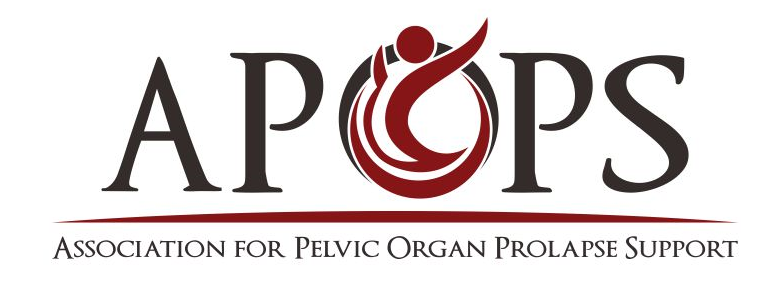Ever Heard of Pelvic Organ Prolapse? Health Info
ALL Women Need to Know
By Sherrie Palm
I recently had a casual conversation about the lack of awareness regarding pelvic organ prolapse; this is a topic that tends to push my buttons. I truly want pelvic organ prolapse to become common knowledge for women and like most health advocates, I want it yesterday. I guess the daily conversations I have with women along the grassroots trail reinforce my desire for this shift to occur immediately.
Pelvic organ prolapse may occur when the pc (pelvic floor) muscle can no longer support the organs of the
pelvic cavity (bladder, urethra, rectum, uterus, and intestines) due to weakness or injury. Twenty-eight million women is the US alone and millions more women around the world endure one or more types of POP; women suffer in silence with symptoms they don’t recognize or are too embarrassed to reveal to others.
This particular conversation was one I’d already had many times; the individual I was connecting with felt that pelvic organ prolapse is common knowledge and support is widely available for women with this health issue. I disagree. Here’s my take on it for whatever it’s worth.
Despite government acknowledgement of POP as a health condition that needs to be addressed,
Despite several support groups available online for POP,
Despite on-going studies for many different aspects of POP (at the time this article was written, clinicaltrials.gov indicated 71 studies active or recently completed),
The majority of women have never heard of pelvic organ prolapse.
So it comes back down to the fact that we women are simply not talking about POP. The stigma that hangs
over our heads is related to the facets of POP that we are too embarrassing to reveal; the fecal incontinence, the urinary incontinence, the sexual dysfunction. Aspects of POP that make us feel ashamed. Aspects of POP that we simply can’t bring ourselves to disclose. Aspects of POP that we should be routinely asked about post child-bearing but are not. Aspects of POP that should be routinely checked in menopausal women.
It is up to us as women to bring this topic to the front page; when individual women are diagnosed and then treated for POP, they do women as a whole a great disservice by not passing this health information along to friends, daughters, sisters. Sharing what we learn one person at a time will put pelvic organ prolapse on the front page. I have no doubt that some women are not comfortable revealing aspects of POP that are embarrassing and personal choice truly needs to be respected. Personally I will reveal any gory detail that I am asked about; if it assists one woman in her search for health, it is worth it. I feel we are all in this together, a gender united.
HOPE HEALS
August 2010

